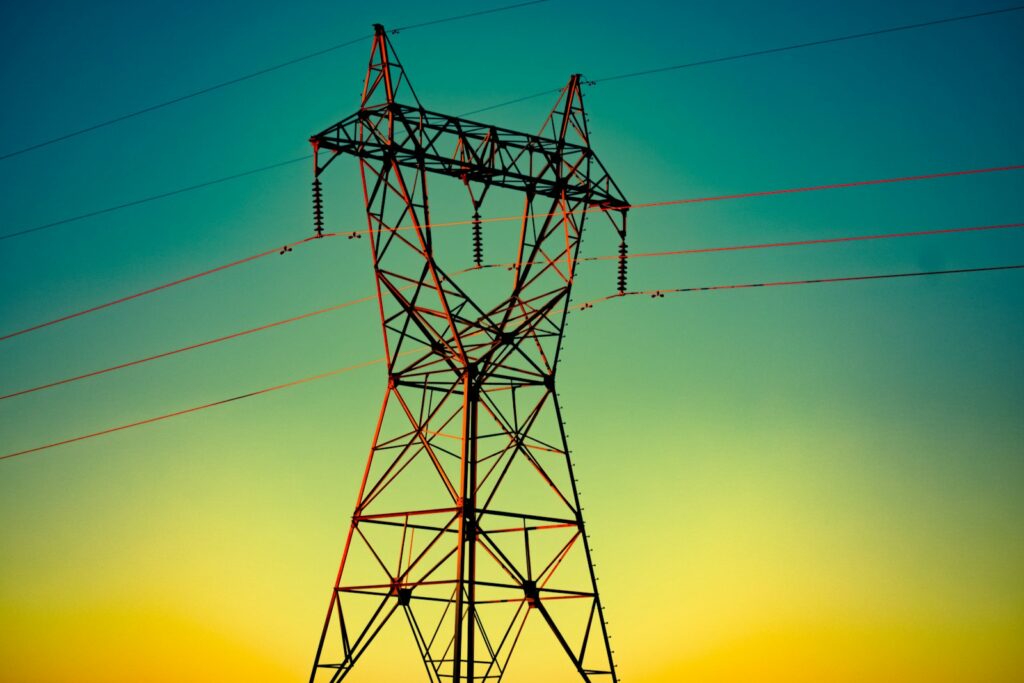The international home improvement company Kingfisher is aiming to drastically cut its greenhouse gas emissions over the next six years, it has announced.
Kingfisher, whose subsidiaries include B&Q and Screwfix, has committed to reducing its scope 1 and 2 emissions by 22% in absolute terms by 2025, as well as scope 3 emissions by 40% per each million pounds of turnover by the same year.
The targets, which have been approved by the global Science Based Targets initiative, will cover the company’s property, transport, supply chain and customer use of products.
Kingfisher’s ambitious move forms part of its Sustainable Growth Plan, which it launched last year.
Jeremy Parsons, head of energy and renewables at Kingfisher, said: ‘With our new targets we’ll significantly ramp up our efforts to decarbonise our business, further improving energy efficiency, buying more green power and installing more of our own renewables.
‘Cutting emissions from transport as our business transforms won’t be easy but we’ll be looking at a range of opportunities from new fuels and vehicle types to drive efficiency improvements.’
The international accounting tool the Greenhouse Gas (GHG) Protocol categorises companies’ greenhouse gas emissions into three groups or ‘scopes’.
While scopes 1 and 2 refer to direct emissions sources, such as fuel used in company vehicles and purchased electricity, scope 3 emissions cover all emissions indirectly supported by a company’s activities such as purchased goods and services and how its products are used.
Kingfisher has already made several moves to cut its environment footprint as it aims to become a ‘net-positive’ business by 2050.
Examples of steps it has taken include launching new energy-saving products and services, sourcing its UK operations using 100% renewable electricity, and the launch of its first zero-energy store.
Kingfisher’s aim to cut its GHG emissions has been praised by the sustainable business charity Bioregional, who have called it ‘no mean feat’ for a company of Kingfisher’s size.
Sue Riddlestone OBE, CEO of Bioregional said: ‘We applaud Kingfisher for taking this significant step towards reducing its carbon emissions. For an international retailer with a complex and extensive supply chain and business operations throughout Europe, this is no mean feat.
‘We are proud to support them in continuing to reduce the carbon footprint of its own operations, as well as for enabling its vast numbers of customers to reduce their impacts too.”
Last month, Kingfisher announced its plans to phase three harmful chemical groups out of its own branded products by 2025.
The company has pledged to remove phthalates, PFCs and halogenated flame retardants – all commonly found in products such as paint, textiles and PVC flooring – from over 1,300 of its stores across Europe and replace them with more sustainable alternatives.
















